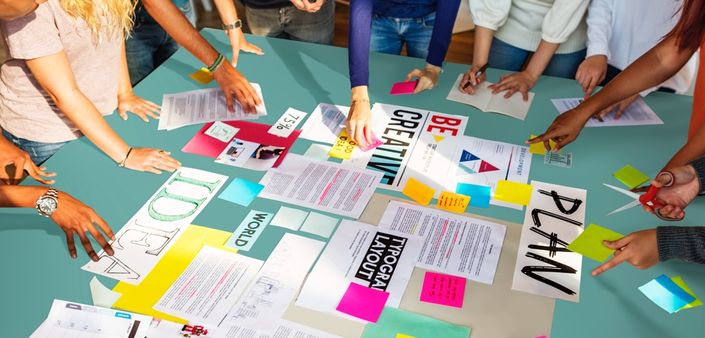
Using Structured Practices & Graphic Organizers to Support Critical Thinking
Critical Thinking Activities That Engage Kids and Increase Understanding
Critical thinking activities are mini-strategies used to scaffold student thinking and to help make that thinking visible. And just like athletes and performers work on fundamentals every day in practice, we should be doing the same thing to encourage critical thinking skills in our classrooms. These activities will engage your kids, encourage collaboration, support high levels of learning, and make your life easier.
In this course, we'll explore some of the research, dig deeper into how a pair of teachers have ramped up thinking activities into something they call EduProtocols, and highlight multiple examples of what all of this can look like in your classroom.
When you're finished with this course, you will:
- have a deeper understanding of the research
- be familiar with EduProtocols and what they look like
- have walked through several teacher-tested thinking activities and EduProtocol
examples with ready to use templates - be so much smarter that you will be almost impossible to live with!
Course Curriculum
Your Instructor

Glenn’s educational career began at Derby Middle School, finding ways to help thirteen year olds enjoy American History. Wiebe earned his Master’s in American History while continuing to develop innovative practices and sharing them with his students.
He spent five years working in higher education, designing effective instruction and integrating video games into social science classrooms. Glenn now travels across the country as an ESSDACK education consultant providing keynotes, presentations, and curriculum development.
